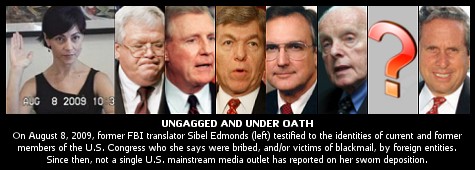Boston's Hancock Tower and the coming commercial real estate crisis.
By Daniel Gross
Posted Saturday, Sept. 5, 2009, at 7:37 AM ET
For most of its 34-year life, the Hancock Tower, which looms above its brick neighbors in Boston's Back Bay, has been the sort of place where money comes to be managed and protected. Its tenants include Ernst & Young and the investment firm Highfields Capital. The I.M. Pei-designed sliver of glass doesn't seem like a place where several hundred million dollars can vanish in a few months.
But that's exactly what happened at the 62-story building, now under its fourth owner in six years. In January, an aggressive young wheeler-dealer defaulted on a portion of the building's $1.3 billion mortgage just 24 months after buying it. In March, two firms that had purchased chunks of the tower's second mortgage for pennies on the dollar assumed control, essentially rendering up to $400 million of debt worthless. The Hancock's market value is now about $700 million—half what it appraised for less than two years ago.
Scott Lawlor, the entrepreneur who was forced to concede control of the Hancock Tower, could be called a "poster boy for everything that went wrong," as one well-placed real estate expert put it. But the trim, straightforward executive is more like a whipping boy. For the tale of the Hancock Tower isn't a morality play or an example of a bubble-era rise and fall. Rather, it's an omen. During the credit boom, the same forces that led to $600,000 subprime loans on tract houses in Modesto, Calif., spurred billions of dollars of reckless lending on urban office towers and suburban strip malls. As a result, the nation's offices, hotels, and malls now carry about $3.5 trillion in debt. Three years after the housing market peaked, falling rents and rising defaults—no surprise given the economy has lost 7 million jobs since December 2007—are posing a new threat to the still-fragile banking system and could inflict billions of dollars in fresh losses. The Hancock Tower was one of the first high-profile deals to go sour—but it won't be the last. The Blackstone Group, one of the nation's leading private-equity firms, has written down the value of its mammoth real estate portfolio by an average of 45 percent from the original cost. General Growth Properties, a pioneer of the shopping mall that carried $27 billion in debt, filed for Chapter 11 in April.

